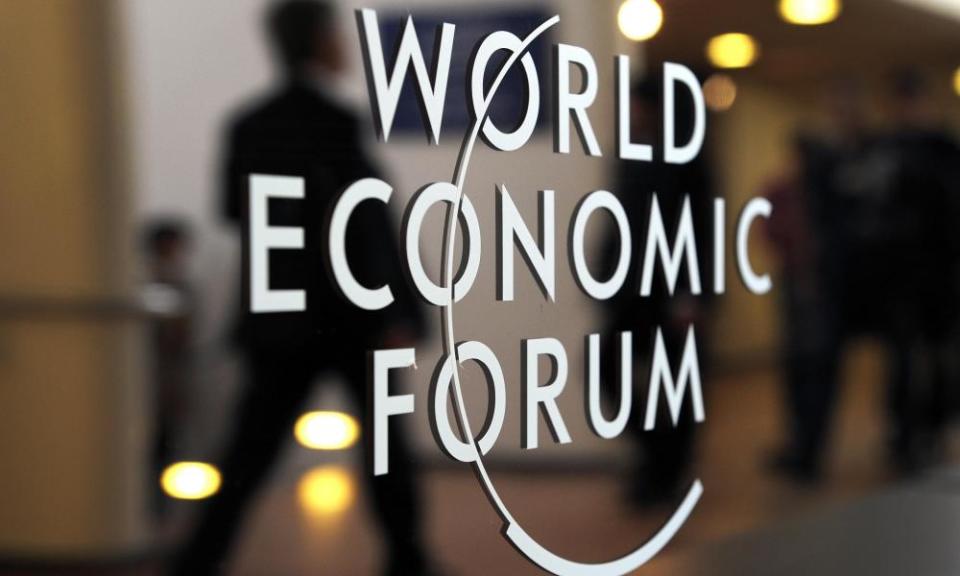Britain falls to eighth place in WEF global competitiveness index

Britain has dropped two places to eighth in an influential global competitiveness index, with the risk of Brexit further damaging its international standing.
The World Economic Forum (WEF), which runs the annual Davos gathering of business and political leaders, said that the UK had been overtaken by Hong Kong and Japan on its annual ranking of the world’s 140 most competitive economies.
The league table – topped by the United States for the first time in a decade – found that Europe as a whole was now less competitive than East Asia and the Pacific regions. It also warned that the majority of global economies were ill-prepared for rapid advances in technology.
The WEF assessed the world’s biggest economies across almost 100 different indicators, from the quality of infrastructure to life expectancy and the jobs market.
The Geneva-based organisation also added several new metrics to its 2018 study, such as workforce diversity, press freedom and how hierarchical the biggest companies are in a particular economy.
While Britain remains the fourth most competitive economy in Europe behind Germany, Switzerland and the Netherlands, the WEF suggested that it could slip further behind because Brexit stood to damage its attractiveness to international buyers and sellers of goods and services.
“Brexit … will by definition weaken the United Kingdom’s markets component as integration with the EU is rolled back,” the report said.
The WEF said Britain had slipped in the 2018 ranking due to a deterioration in domestic labour mobility, which measures the extent to which people move between the different regions of a country to find work.
Basing its judgment on a survey of company executives, it said the UK had fallen from 17th in the world for internal labour mobility last year to 48th in 2018.
British workers have finally started to see their wages rise at the fastest pace in almost a decade, while unemployment has dropped to the lowest level since the mid-1970s.
Younger people are, however, moving jobs less frequently than in the past, while economists believe the pull factor of higher wages in places like London and the south-east has dwindled, arguing that rapid growth in housing costs had eaten into incomes.
Stephen Clarke, senior economic analyst at the Resolution Foundation, said: “We saw a big drop-off in job-to-job moves during the crisis, and though it’s since risen, it’s still about 20% below the level it was pre-crisis.
“As the economy recovered people become a bit more adventurous and switch jobs more, but not back to levels we’ve seen.”
The WEF report argued that Britain currently looks less prepared than some of its economic rivals to take advantage of rapid technological change, given weak rates of adoption of IT equipment, relatively poor provision of mobile and fibre broadband, and the relatively poor digital skills of the population.
It praised the country for having “very well-functioning markets” for the buying and selling of goods and services, which rank fourth in the world, a healthy level of business innovation and for the strength of its financial markets.

 Yahoo Finance
Yahoo Finance 